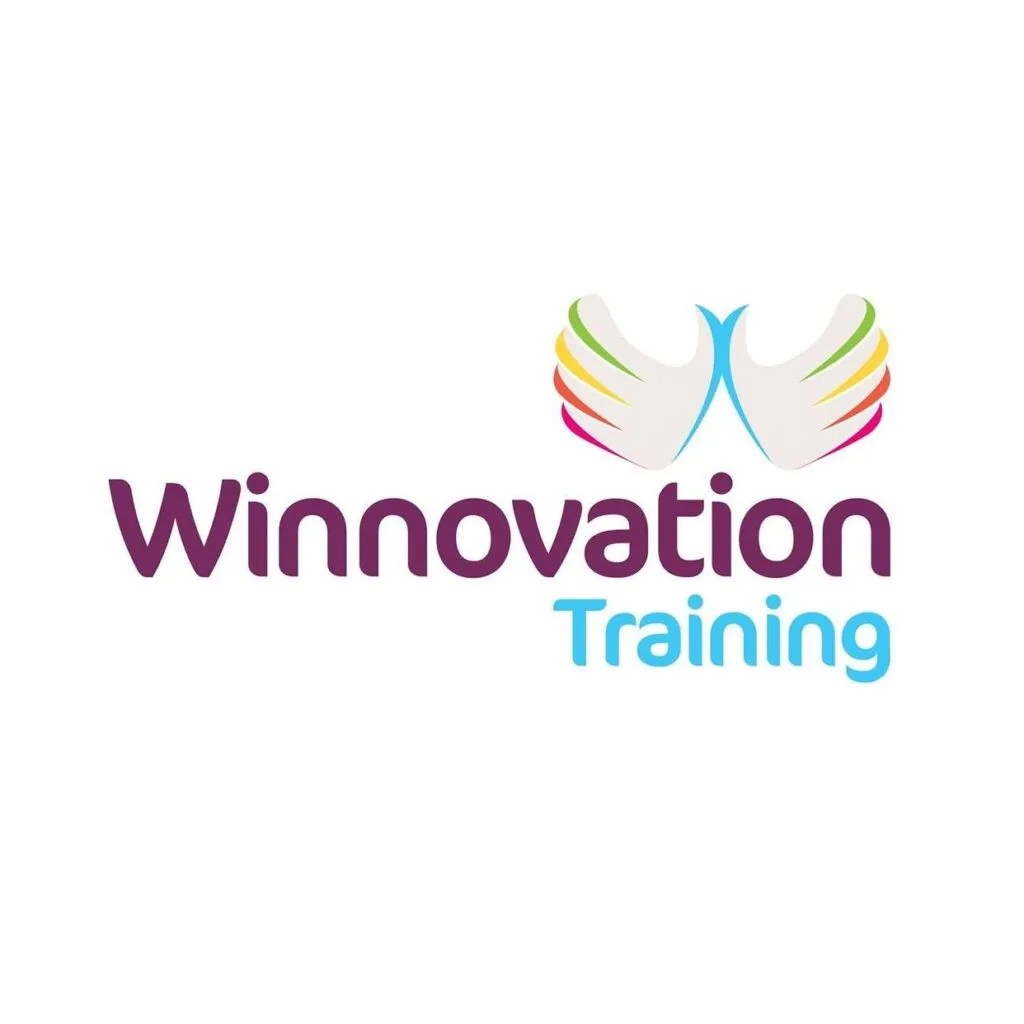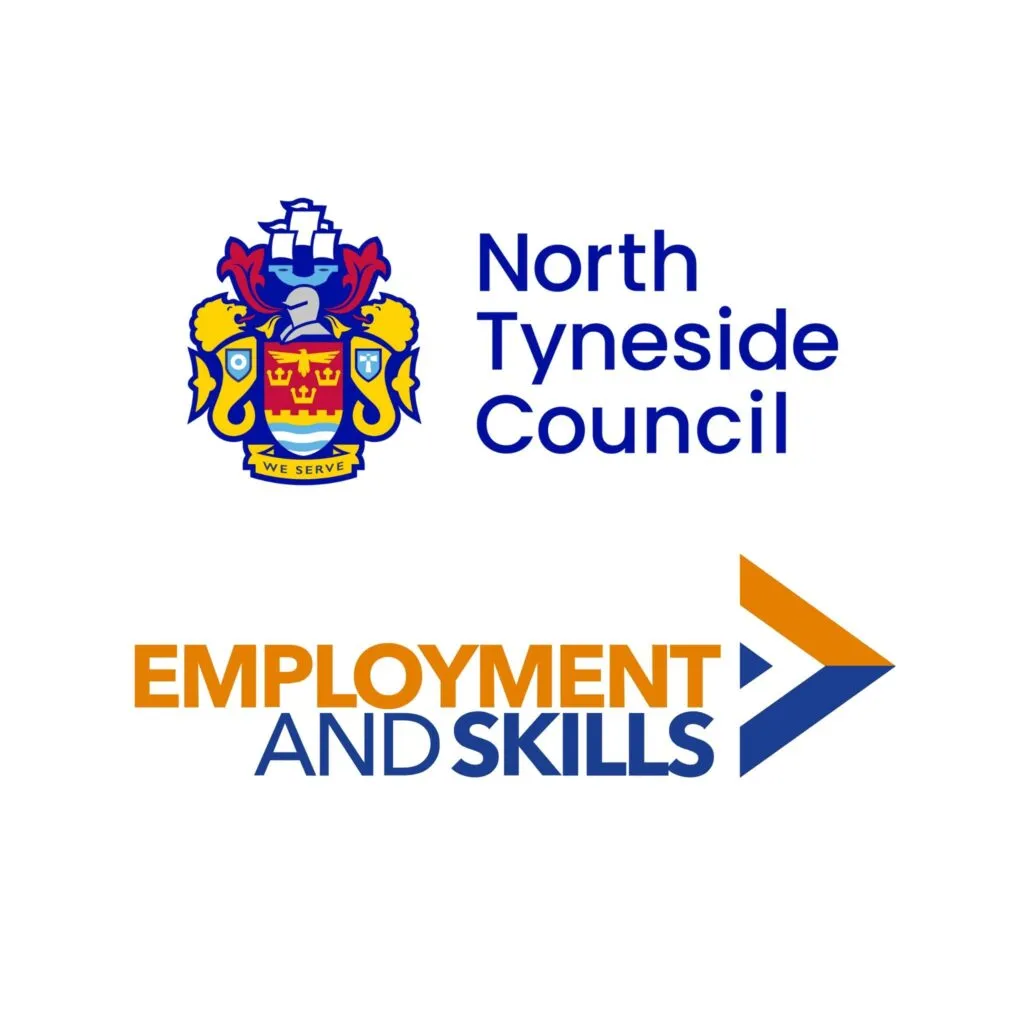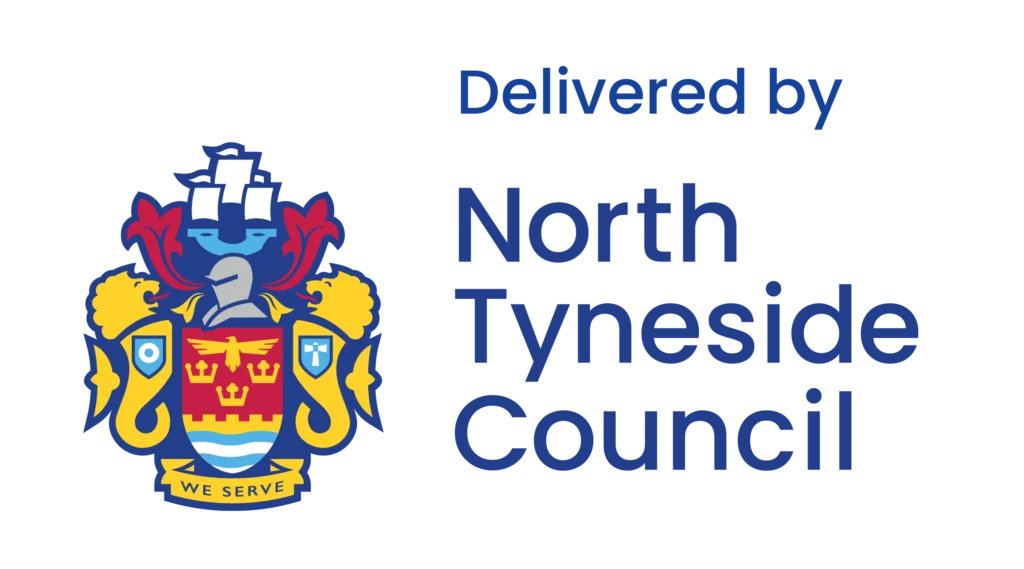Activities Coordinator
This role is ideal for you if you think you’re great at motivating people, good at organising events, digitally competent and great with time management.
If you like working with people and are active and enthusiastic, this is the job for you. It’s a varied and hands-on role where you’ll organise social activities, help people take part, and work in care homes or day centres, someone’s home or within the community.
Day-to-day activities
Your day-to-day might include:
- Organising tailored activities to the needs and abilities of individuals, as well as group activities that will bring individuals together
- Booking external suppliers to provide entertainment
- Organising trips out in the local community, considering transport arrangements and accessibility
- Monitoring individuals’ conditions by taking their temperature, pulse, respiration and weight, and possibly helping with medication.
- Leading discussions about the types of activities people would like to take part in.

Requirements for the role
Skills
What you’ll need:
- Your kindness, patience and compassion.
- Good English, numeracy and writing skills.
- Your ability to understand and follow procedures.
- Strong organisational and time management skills.
- An enhanced DBS (Disclosure and Barring Service) check would be required.
Your induction will include necessary training such as health and safety, first aid and moving and handling. Additional specific training such as autism awareness, communication skills or working with people with dementia may be offered.
Qualifications
You may also need:
- GCSE A-C / 4-9 in English and Maths.
- A social care qualification such as Level 2 or 3 Diploma in Health and Social Care.
Don’t worry if you don’t have these qualifications – if you’re interested in getting them, you can work towards them once you start the job.
It might be useful to have experience working in a similar role or with vulnerable adults. You can gain this experience through a work placement, from your personal life, through volunteering or as part of an apprenticeship.
Training & Progression
You can also benefit from:
- Informal training & education.
- Formal qualifications such as a Diploma in Health and Social Care (up to Level 5) or specialist subjects like dementia care, communication skills and team leading.
- Over 50 vocational qualifications at all levels including topics such as dementia care, communication skills and team leading.
- Opportunities to progress and develop in adult social care and specialise in a certain area or take on more responsibility.
When you first start working in care, you’ll do an induction which should include the Care Certificate. You’ll also undergo basic training such as health and safety, first aid, and moving and handling. You might also receive specific training based on what the person you’re caring for needs.
While in post you could do a vocational qualification such as a Diploma in Health and Social Care or continuing professional development qualification such as an award or certificate in activity provision.
Learning opportunities
Interested in becoming an Activities Coordinator or getting into Care? Our learning opportunities section will help you get the skills and knowledge you need to start progressing your career in social care.

Winnovation Training
Winnovation offer training under three sub-sectors: Early Years, Residential Childcare and Adult Social Care, all delivered by their skilled staff comprising of operations, teaching and learning, quality, compliance, finance and business admistration.

The Cedarwood Trust
They offer Step Up Into Care courses centred around the care sector, whether you have experience in this field or none at all, the courses are designed to enable you to learn new skills and gain qualifications.

Employment and Skills
North Tyneside’s Employment and Skills offer Level 2 accredited online learning courses for health and social care. They enrol each month and you’ll study online and have a dedicated tutor. Courses vary between 8 and 12 weeks.
Making people smile
“I’ve always wanted to help people as much as I can, but I never thought I could do it as a job. Being able to make people smile and happy for a job is amazing, it doesn’t feel real it’s out of this world. It’s an amazing thing to be able to do and I’m so pleased I kept an open mind and came into it.”
Liam Scope-Mearns


